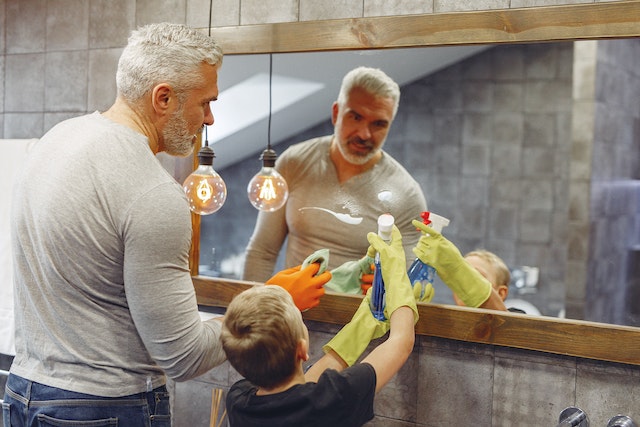Talking to children about sex education can be a daunting task for many parents,
but it’s an essential part of raising sexually healthy and responsible adults.
It’s important to approach the topic in an age-appropriate way that is
sensitive to your child’s level of understanding and maturity.
Here are some guidelines for talking to your kids about sex education, age by age.
Preschool Age (2-5 years)
At this age, the focus should be on teaching children the correct
names for body parts and emphasizing that private parts are not to be touched by others.
Here are some tips:
Keep it simple:
Use simple language and avoid going into too much detail.
Answer questions honestly:
If your child asks questions, answer them honestly and simply.
Use appropriate language:
Use words that are appropriate for their age, and avoid slang or euphemisms.
Emphasize safety:
Teach your child that they have the right to say “no” to unwanted touches,
and encourage them to tell you if anyone makes them feel uncomfortable.
Elementary School Age (6-11 years)
As children get older, they may have more questions about sex and relationships.
Here are some tips for talking to them:
Be open:
Encourage your child to ask questions and be open to discussing sensitive topics.
Use age-appropriate language:
Use language that is appropriate for their age and level of understanding.
Discuss puberty:
Discuss the changes that come with puberty,
such as menstruation and wet dreams, and explain that these are normal and natural.
Talk about consent:
Discuss the importance of asking for and giving consent in all relationships.
Middle School Age (12-14 years)
Middle school can be a challenging time for children as they
navigate the changes that come with adolescence. Here are some tips for talking to them:
Be honest:
Be honest about the emotional and physical changes that
come with puberty, and address any concerns they may have.
Discuss relationships:
Talk about the different types of relationships, including
friendships and romantic relationships, and emphasize the importance of communication and respect.
Discuss contraception:
Talk about contraception and the importance of protecting oneself from
sexually transmitted infections and unwanted pregnancies.
Talk about the internet:
Discuss the dangers of sharing personal information online and the importance of staying safe on the internet.
High School Age (15-18 years)
Teenagers are likely to have more knowledge about sex,
but they may still have questions and concerns. Here are some tips for talking to them:
Be respectful:
Respect your child’s privacy and boundaries, and avoid making
them feel ashamed or embarrassed.
Discuss healthy relationships:
Discuss what constitutes a healthy relationship and the
importance of communication, respect, and boundaries.
Discuss safe sex:
Talk about contraception and the importance of using protection
to prevent unwanted pregnancies and sexually transmitted infections.
Discuss consent:
Discuss the importance of consent and how to communicate about it in a relationship.
In conclusion,
talking to your children about sex education can be a challenging but essential part of raising sexually healthy and responsible adults.
By approaching the topic in an age-appropriate way and using open and
honest communication, you can help your child
navigate the complexities of sex and relationships with confidence and respect.
![]()










